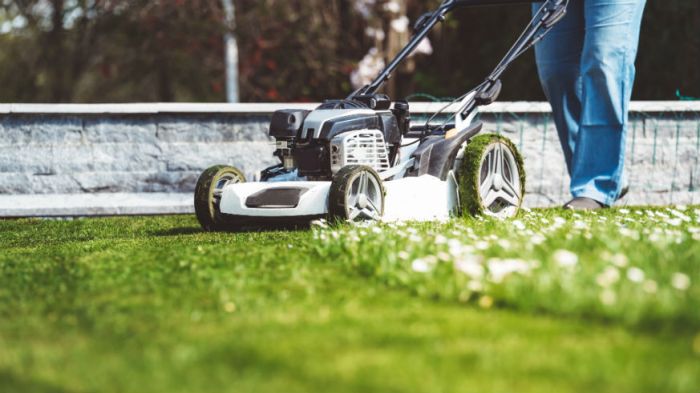For most new parents, letting someone touch their newborn without sanitizing their hands first is a horror story. It’s just something you don’t let happen. This clean-is-better mentality often continues for years; many parents are hesitant to let their kids get dirty and obsessively sanitize every surface. But a new book is telling parents to stop stressing out so much. Related: Recipes for kids with food allergies “The Dirt Cure” by pediatric neurologist and New Yorker Maya Shetreat-Klein argues that too much sanitation is bad for kids. Her book says that being in nature more and eating food straight from the soil is better for a child’s immune system. The book points out that between 1997 and 2011, food allergies in children jumped 50 percent. In urban areas, 55 percent of children develop a food allergy by age 5. If you’re a parent, you know how tricky it can be to provide a snack for your son or daughter’s class that everyone can eat. Related: 5 ways to keep your kids from getting sick Shetreat-Klein says while many factors can cause a food allergy, growing data says more kids are allergic because we are over sanitizing them, attacking microbes and bacteria that can create an imbalance to the immune system. When there isn’t a diversity of microbes in the body, immune cells start attacking food. She also warns against foods that are too artificial, citing studies where artificial coloring made kids more hyper and can disrupt their hormones. In 2010, the European Union required warning labels on foods containing artificial coloring reading: “Consumption may have an adverse effect on activity and attention in children.” What is good for kids: natural, straight-from-the-earth fruits and vegetables that are high in vitamins, minerals and fiber. As many as 34 studies found that a diet rich in fruit and veggie consumption reduced asthma symptoms. “The Dirt Cure”’s bottom line: stop worrying so much about germs. Let your kids play in nature where they are exposed to beneficial bacteria. Feed your kids nutrient-rich foods, namely lots of fruits and veggies, while avoiding things that are processed or artificially colored. At the very least, it’s a way more fun way to live. Follow Emily on Twitter: @EmLaurence


















